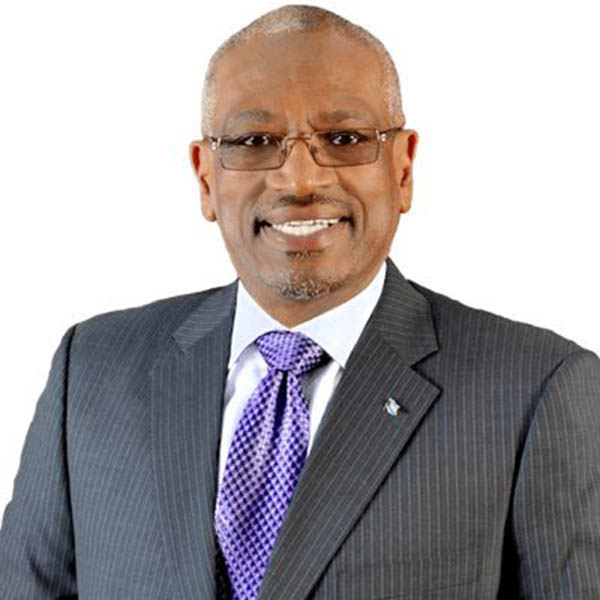The Florida-based Royal Caribbean and Carnival Cruise Lines is joining forces with The Bahamas to undertake a whopping US$350 million investment in the upgrading of the Grand Bahama Shipyard, an unmistakable indication that one of the region’s best-known tourist havens will continue to bank on the sector to drive its economy in the period ahead. A July 10 regional media report indicated that the announcement of the joint mega-investment signals the country’s intention to raise its tourism game insofar as the tourism industry is concerned in the period ahead.
The Bahamian Prime Minister made the announcement during the closure of the country’s 2021/22 Budget Debate in the House of Assembly during which he reportedly disclosed that the recent investment in the shipyard had been preceded by other earlier ones totalling approximately US$250 million. Minnis said that the upgrading and expansion works on the Grand Bahama Shipyard will begin as early as October this year.
The announcement comes as several other tourist territories in the region move to restore their respective tourism industries to normalcy following Covid-19’s brutal assault which has left several Caribbean Community (CARICOM) economies in disarray. The report on the multi-million US dollar shipyard investment states that one of the main priorities will be the replacement of two damaged docks with larger facilities that will have the capacity to handle and service the largest ships in the world. Upon completion, the facility will reportedly be the largest civilian shipyard in the Americas.
Apart from what is being seen as a general upgrading initiative, the project is also being regarded as an attempt to put behind the country’s tourism industry, an incident back in April 2019, when a crane collapsed while raising the stern of a ship in order to effect repairs to its propulsion pods. As a result of the incident, Royal Caribbean was forced to move the vessel to a shipyard in Europe to complete the repairs, a circumstance that reportedly resulted in the cancellation of three cruises and an estimated US$52 million reduction in earnings for that year. The report informed that shortly thereafter, another cruise vessel, the 4,000-passenger Carnival Vista, developed a major problem that necessitated the suspension of the service and cancellation of three cruises from the United States.
This most recent report on the high-priced move to strengthen the Bahamian tourism infrastructure points unerringly to the fact that several Caribbean countries continue to see no option but to continue to depend on the tourism industry despite what frequently, has been animated discourse on the need for diversification. The argument that tourism not only leaves several regional economies heavily dependent on a North American and European market has persisted over the years, and has been joined more recently by the view that the Caribbean’s continually mounting food import bill, now reportedly in excess of US$5 billion annually, is largely a function of the need to cater to the taste of visitors to the region. Regional development analysts have, for years, continually frowned on the heavy dependence on extra-regional arrivals in the Caribbean in order to keep their respective economies buoyant. They contend that the region’s heavy investment in tourism infrastructure has occurred at the expense of investment in agriculture, a circumstance that has saddled the region with what has become a burdensome food import bill.
While The Bahamas will, at this juncture, have little option but to press forward with this new huge investment in its tourism sector, Prime Minister Minnis is now challenged to provide the terms of an agreement between his government and Royal Caribbean and Carnival cruise lines that impacts positively on employment in the country. Talk of diversifying the Bahamian economy has revolved around what is believed to be the country’s likely significant offshore oil and gas resources though a 2020 announcement that the Bahamas Petroleum Company (BPC) was expected to start drilling a test well at a location known as Perseverance #1, where it is believed that there could be an economy-changing two billion barrels of oil has borne no game-changing fruit. One of the government’s and potential investors’ challenges appear to be a vigorous domestic environmental pushback to its oil exploration and recovery pursuits.









